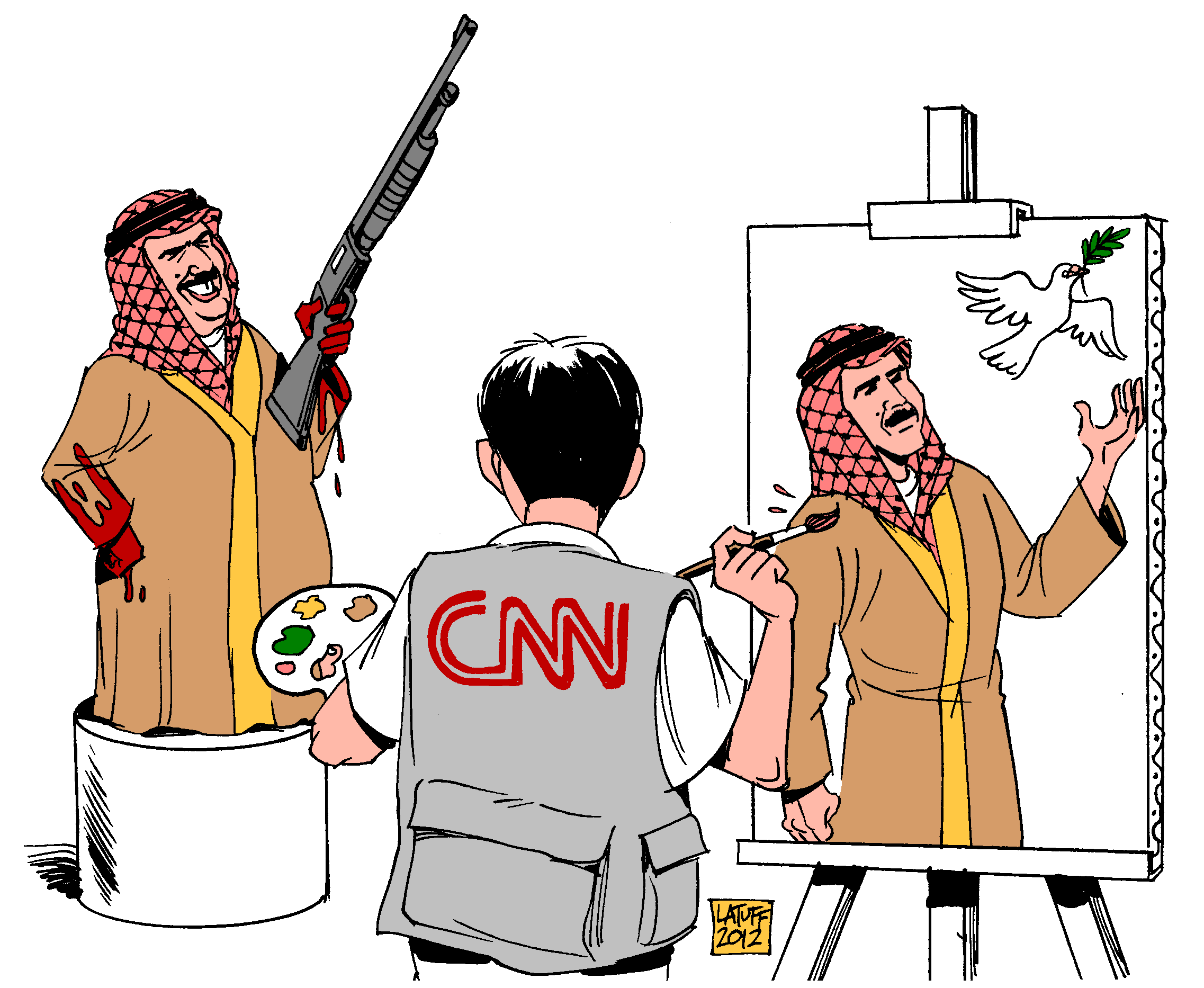By: Nabila F. Qureshi
After 33 years of autocratic rule, Yemen’s President Ali Abdullah Saleh signed an agreement on Wednesday to step down. The deal, brokered by the Gulf Co-operation Council and the United Nations, will allow for the Yemeni vice-president to negotiate a power transfer to the opposition, making Saleh the fourth leader to be forced from power in the Middle East due to popular uprisings. Following months of broken promises to resign and skillful political maneuvering, Saleh’s agreement to the deal has taken Yemeni citizens by surprise. The agreement, however, offers no guarantee that stability will be restored to an impoverished nation deeply fractured by political crisis, nor that the kind of substantive political change sought by protesters will be realized.
With security and humanitarian conditions in the country deteriorating at an alarming rate, the US, other Western nations, and Gulf state leaders aggressively urged for the agreement to be made and signed by Saleh. Terms of the deal include a presidential election to be held in three months—though the vice president is expected to be the only candidate running. It appears that what may have finally motivated Saleh to concede power was the threat of sanctions from states increasingly frustrated by his unwillingness to leave and, more controversially, the promise that he and his family will be immune from prosecution.
Reactions among protesters were mixed. While some rejoiced at the news, many were far more cynical: Saleh has backed out of stepping down three times in the past. Even if he holds true to the agreement this time, many believe that the deal will bring no real change. Rather, as the less optimistic argue, the agreement would maintain the status quo by preserving elites—including Saleh and his family—in positions of power. It is unclear how forceful a political presence Saleh will retain after stepping down, but few feel that abandoning his position as president necessarily translates to an end to his political ambitions. As Abdul-Ghani al-Iryani, a Yemeni political activist put it, “[Saleh] figures the rest of the maneuvering can be kept for after the signing.” Members of Saleh’s family, moreover, continue to exert considerable influence: his son and three nephews retain key positions in the military and intelligence services, while other family members dominate the economy through the private and public companies they run.
Further threatening prospects for change, as sought by Yemeni protesters, is the political mess that Saleh leaves behind. He maintained power for decades by exploiting rivalries between various factions, and by creating a patronage system that he alone controlled. The result has been weak institutions and a sterile political environment plagued by a lack of trust between opponents. Conflict between government forces and rival factions struggling for power, meanwhile, has led to the loss of hundreds of lives, and brought the already impoverished state to the brink of civil war.
Perhaps the strongest indication that challenges for Yemen are not yet over is the simple fact that, despite the signing of the agreement, thousands of Yemenis are still camped out in tents across the capital. They do not trust Saleh, and demand more fundamental change than what has been stipulated in the agreement; whether and how such change is achieved remains to be seen.
Further reading: Yemen’s Leader Agress to End 3-Decade Rule; Yemen’s Saleh agrees to transfer power; Analysis: Saleh, quitting or dancing on the heads of snakes
Disclaimer: Any views or opinions expressed in this article are solely those of the author and do not necessarily represent those of the NATO Council of Canada.



